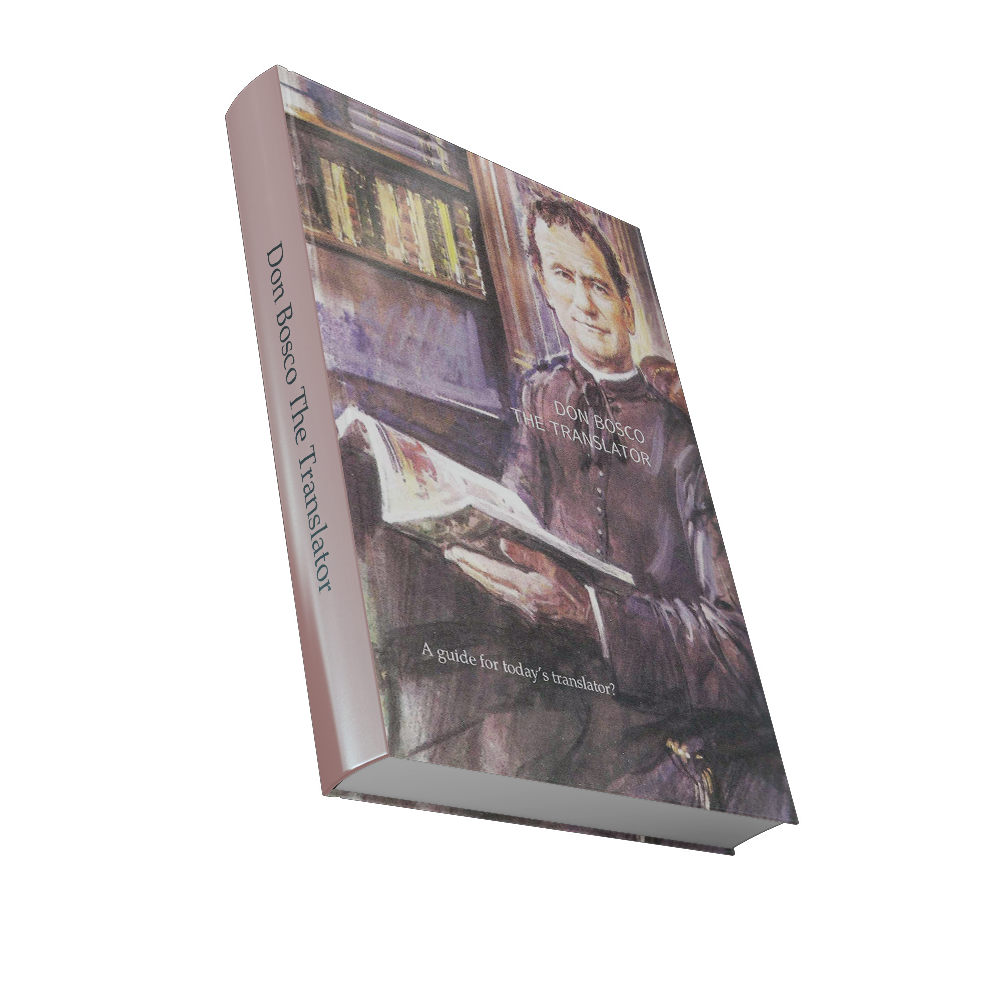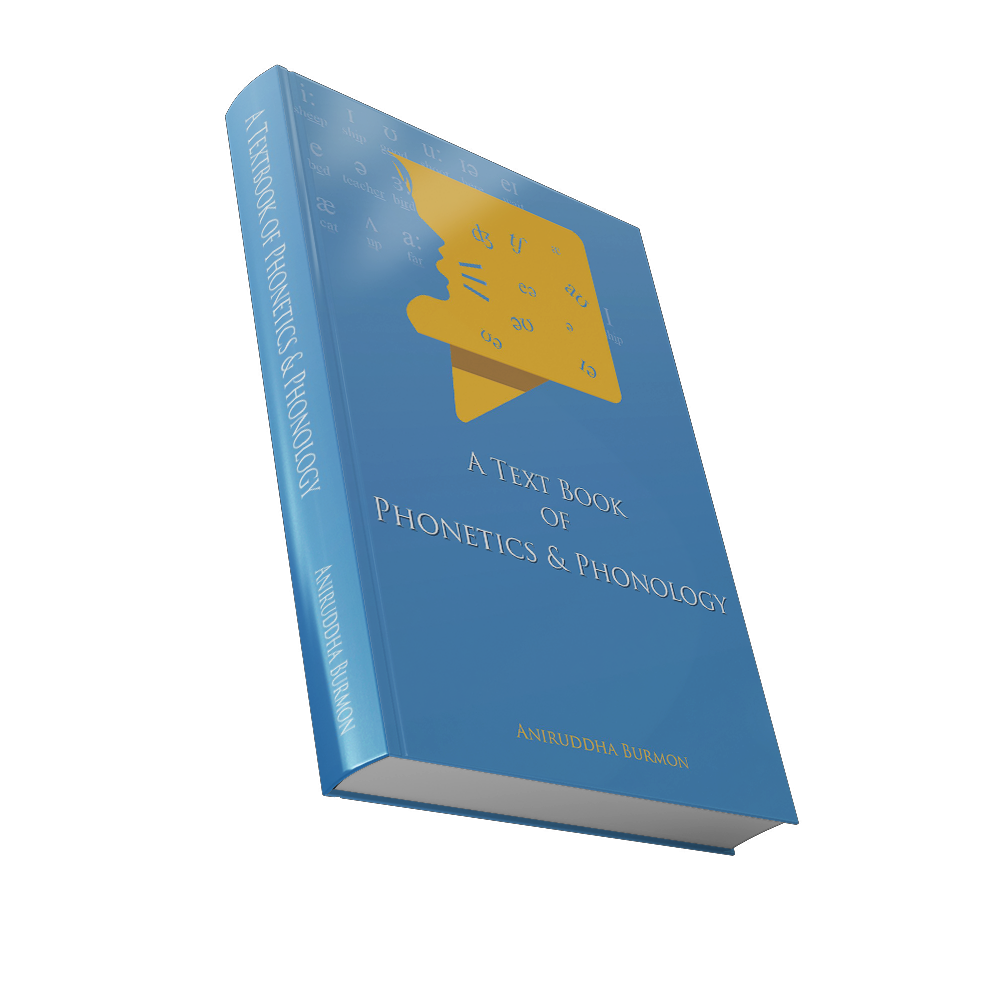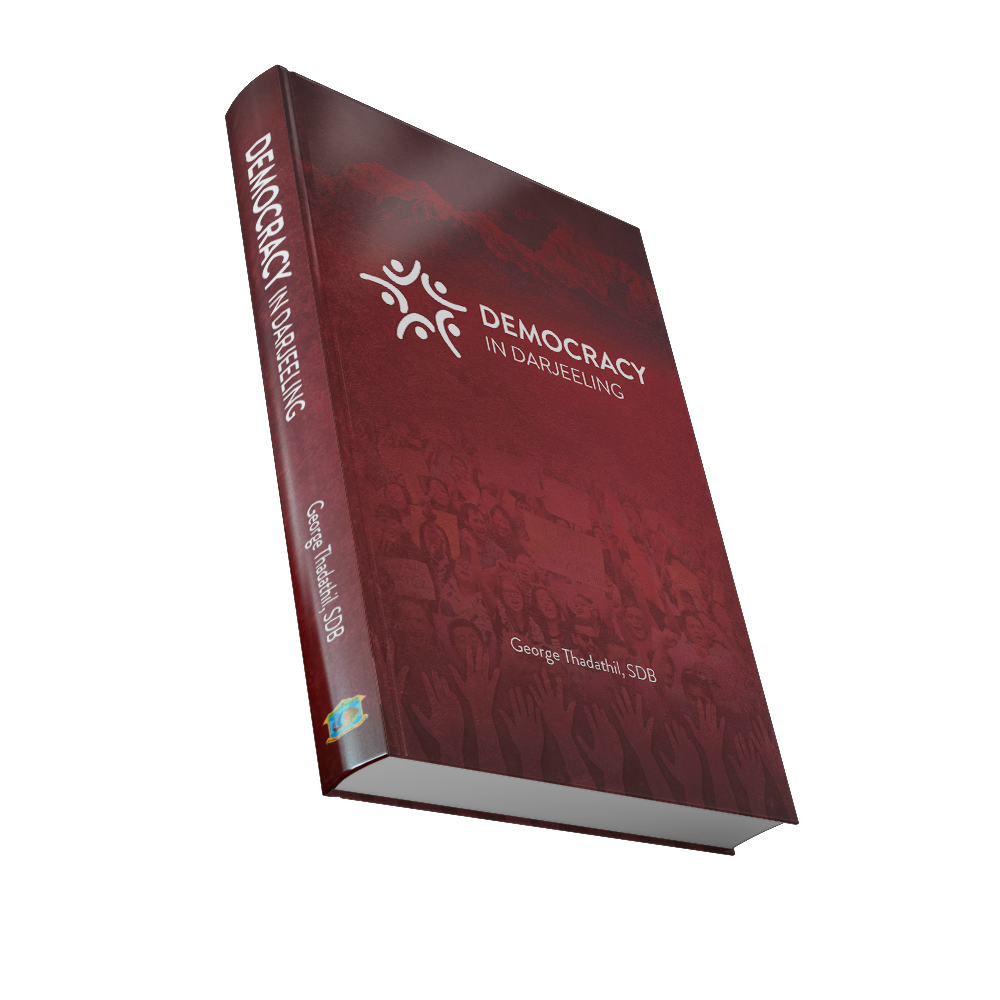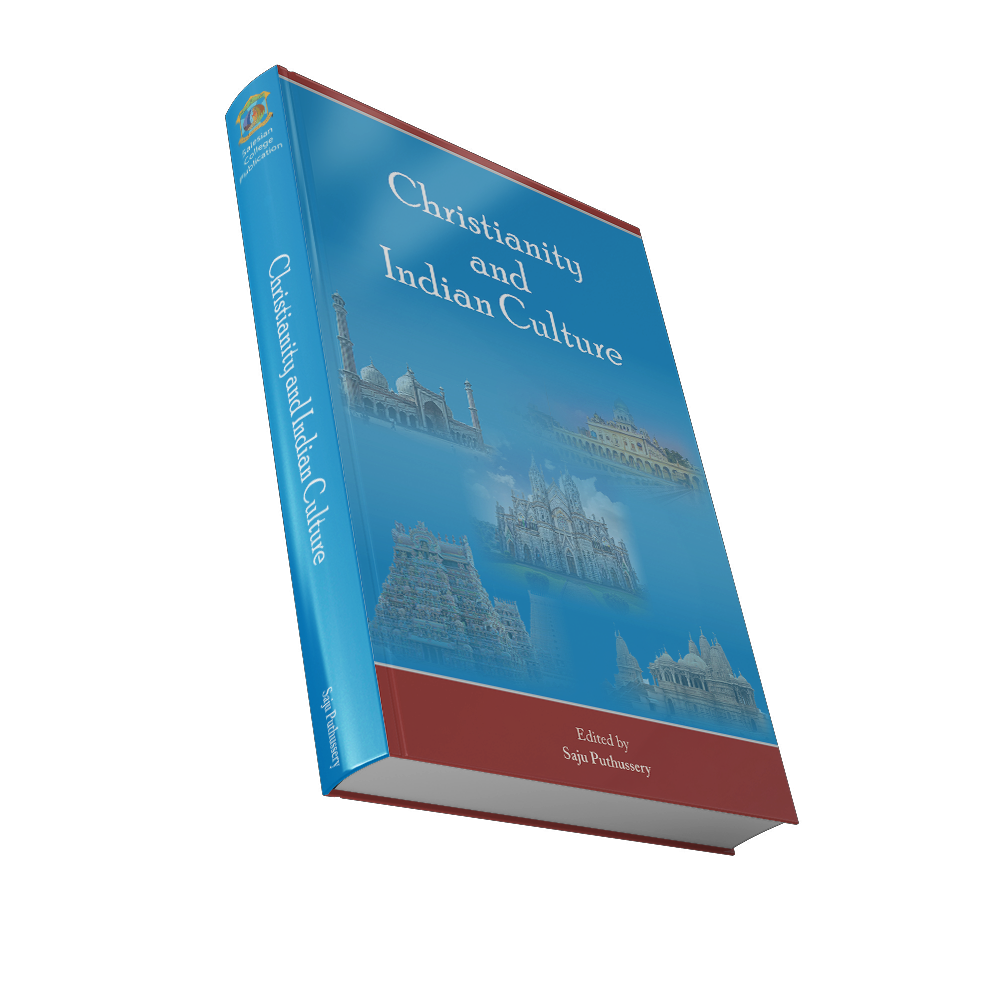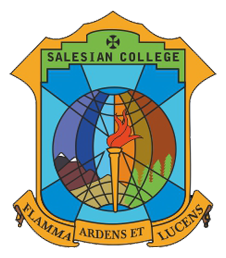It might come as a shock to the reader to see a title such as “Don Bosco the Translator”. He was just about everything else, the reader might say, everything from farmhand to founder, from manual labourer to miracle worker – but a translator?? So clearly, the first thing we need to establish is just who or what the “translator” is.
Ask the common person what a translator is and they may say something along the following lines: the translator is someone who takes a source text in one language and converts it to a target text in another language, and since “text” can be more than writing (in its broadest understanding it may also be spoken, include other information channels like music, images…), then the translator might indeed be a Jack (or Jill) of all trades! Ah! “of all trades”, including the farmhand and the founder, the manual labourer and the miracle worker no doubt!
But let’s take a closer look at this. In his article (later published as a book) Translation as a Profession, Roger Chriss sums it up well: “Translators are language professionals. They are applied linguists, competent writers, diplomats, and educated amateurs.” (Chriss 2006). Of course, he makes a clear distinction, too, between the “translator” who deals with written text and the “interpreter” who deals with spoken text, but let’s leave that aside for the moment.
While not a linguist in today’s professional sense, Don Bosco had to be capable of discerning subtleties and nuances in the languages he used (especially Piedmontese and Italian, but not only), and was indeed very capable in this matter. He used language very cleverly and effectively, always subservient to the overriding principle of the salvation of souls, especially if they were young and poor. He also had to research terminology and colloquialisms, and handle new developments in his languages, particularly at a time when a unified Italy came into being (1860s) and, curiously enough, when both its king and prime minister did not speak Italian but Piedmontese and French

